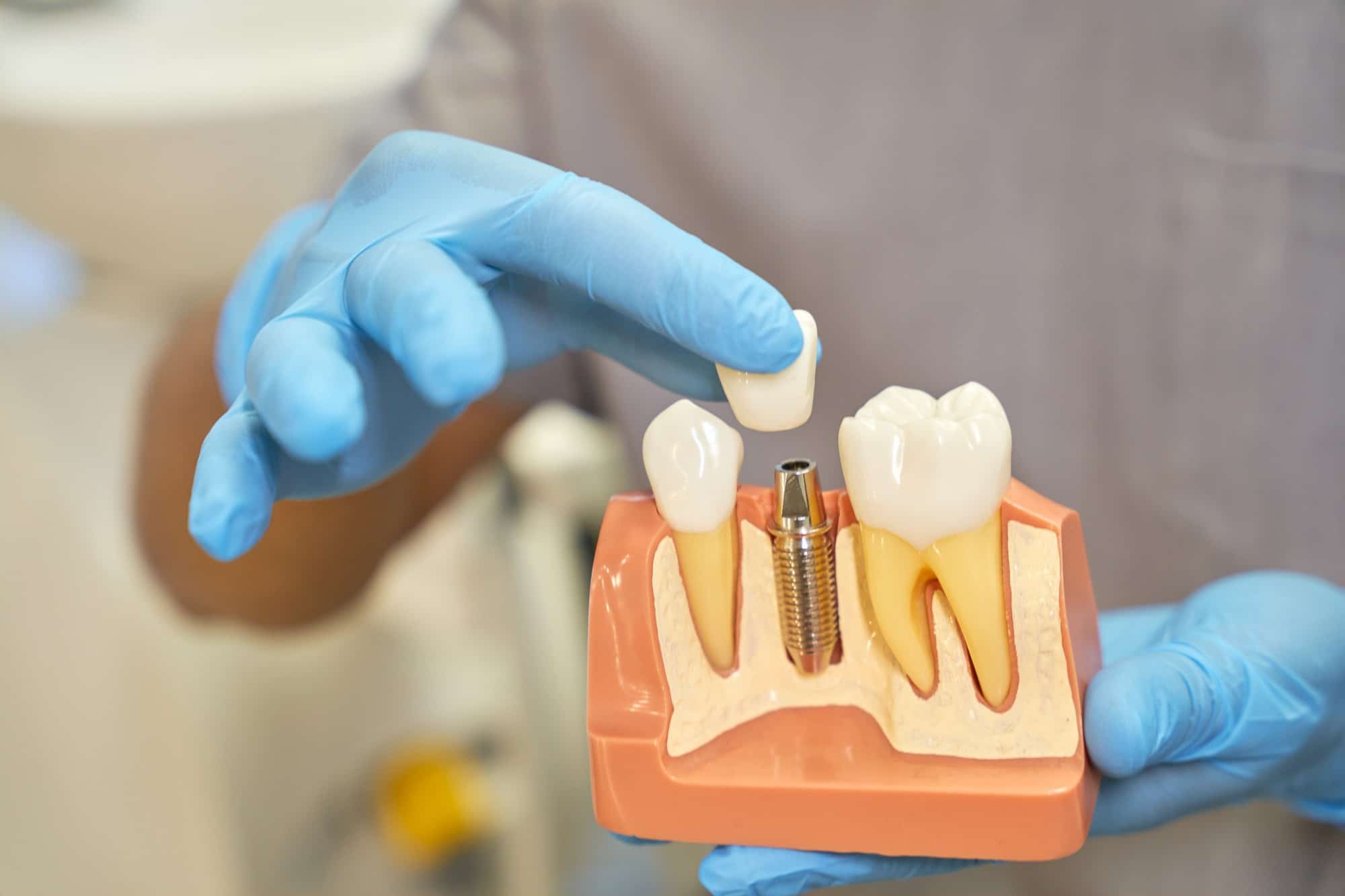
Bridges
- Featured
Featured
Frequently Asked Questions
A standard dental treatment option for restoring one or more lost teeth is a dental bridge. A bridge is made up of one or more fake teeth connected to the teeth next to them or to dental implants to “bridge” the space left by the missing tooth or teeth.
It could be advised for a number of reasons, such as:
Missing teeth: One or more missing teeth can damage your ability to eat and talk correctly and cause your remaining teeth to shift out of position over time. One or more missing teeth can commonly be replaced with a bridge.
Aesthetic: Missing teeth can leave gaps that impact your smile’s look and social confidence.
Bite issues: Additionally, affecting your bite, missing teeth might hurt your jaw.
Gum disease: Severe gum disease may result in tooth loss, and replacing a lost tooth may be advised using a bridge.
Trauma: Help restore teeth knocked out or damaged by accident or injury.
Better aesthetics: Bridging the spaces left by missing teeth can make your smile look better. Bridges offer a natural-looking solution that fits in with your smile since they are made to match the color and form of your natural teeth.
Restored function: It makes it easier for you to correctly chew and talk while helping restore your teeth’ function.This will make it simpler for you to eat and speak confidently, enhancing your quality of life.
Prevents teeth from shifting: When a tooth is missing, the teeth close to it may shift or migrate, creating bite issues and perhaps damaging the adjacent teeth. By bridging the gap and offering support, bridges can prevent this.
Maintains the facial structure: Over time, missing teeth can modify how your face is built and impact your appearance. Bridges can assist in keeping the structure up.
Easy to maintain: With routine brushing, flossing, and dental visits, they are simple to maintain. Your bridge will last many years and provide a permanent replacement for missing teeth if you take good care of it.
- Oral hygiene routine
- Proper nutrition
- Avoiding certain foods and habits
- Tobacco and alcohol
- Teeth grinding
- Using teeth as tools
- Decay
- Gum disease
- Sensitivity
- Adjacent teeth have been affected
- Failure of a bridge
















